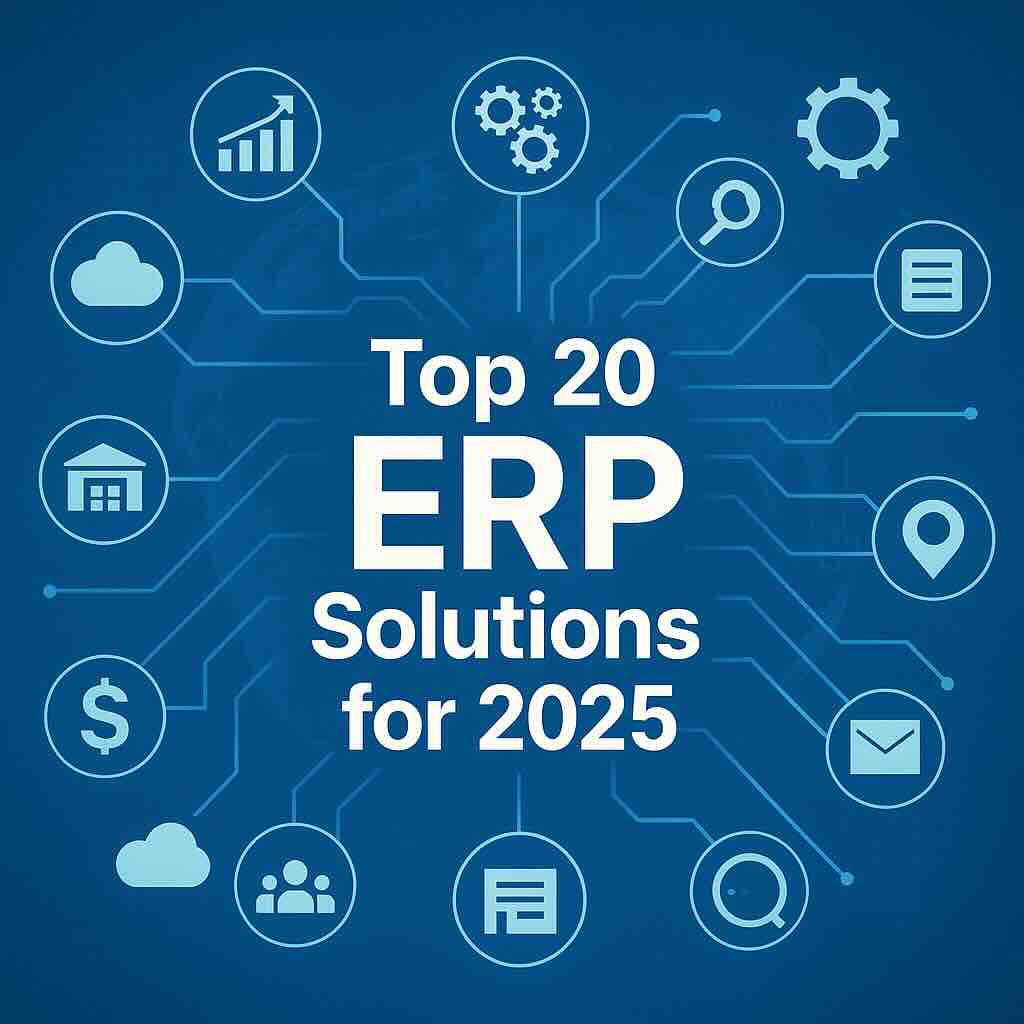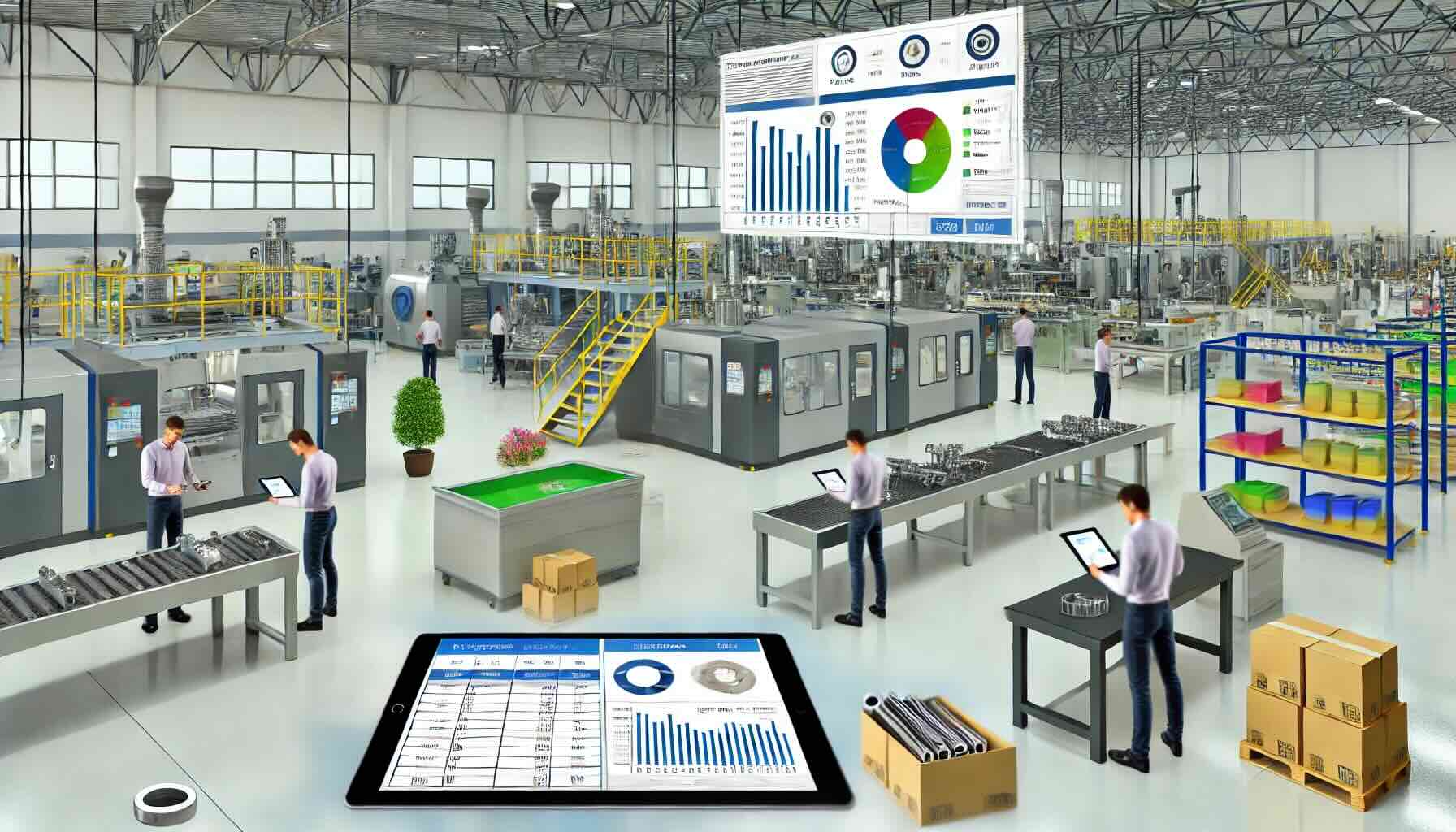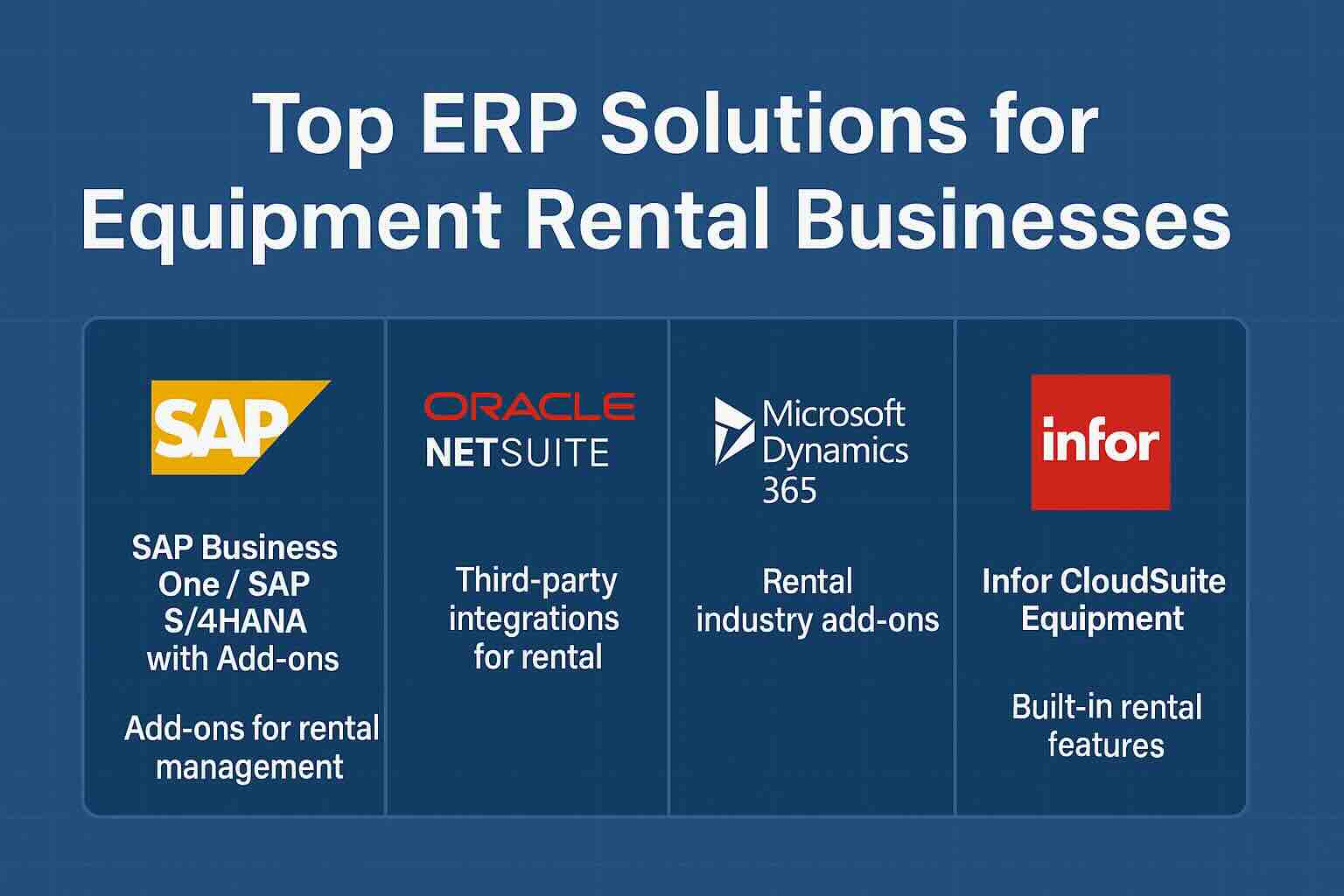Is IFS a Good Choice for Large Businesses?

In today’s highly competitive business environment, selecting the right Enterprise Resource Planning (ERP) system is crucial for the success of any large organization. With numerous options available, one system that consistently stands out is IFS (Industrial and Financial Systems). But is IFS a good choice for large businesses? This article delves into the capabilities, benefits, and potential drawbacks of using IFS for large enterprises.
What is IFS?
IFS is a global enterprise software company that offers ERP, Enterprise Asset Management (EAM), and Enterprise Service Management (ESM) solutions. Founded in 1983 in Sweden, IFS has grown into a robust system used by organizations worldwide. The company’s focus is on industries such as aerospace and defense, energy and utilities, engineering, construction and infrastructure, manufacturing, and service industries.
Key Features of IFS
IFS offers a broad range of features designed to support the complex needs of large businesses:
- Comprehensive ERP Functionality: IFS provides modules for finance, human resources, supply chain management, manufacturing, project management, and more. These modules are tightly integrated, offering seamless data flow across the organization.
- Industry-Specific Solutions: Unlike many ERP systems that offer generic solutions, IFS tailors its software to specific industries. This focus allows large businesses in sectors like aerospace, energy, and manufacturing to benefit from features designed with their unique challenges in mind.
- Flexibility and Scalability: IFS is highly flexible and can be customized to meet the specific needs of large enterprises. Its scalable architecture ensures that the system can grow with your business, accommodating increasing users and data without sacrificing performance.
- Cloud and On-Premise Deployment: IFS offers both cloud and on-premise deployment options. This flexibility allows large businesses to choose the model that best fits their operational needs, whether it’s leveraging the cloud’s agility or maintaining control over data with an on-premise setup.
- User-Friendly Interface: Despite its powerful capabilities, IFS is known for its intuitive user interface, making it easier for employees at all levels to adopt and use the system effectively.
Benefits of IFS for Large Businesses
IFS’s extensive features and industry-specific solutions make it a strong contender for large businesses. Here are some of the key benefits:
1. Enhanced Operational Efficiency
IFS’s integrated modules enable large businesses to streamline their operations across multiple departments. The seamless flow of information between finance, supply chain, human resources, and other critical areas helps eliminate silos, reduce redundancy, and improve overall efficiency.
2. Better Decision-Making
IFS provides real-time data analytics and reporting tools that empower decision-makers with actionable insights. Large businesses can leverage these insights to make informed decisions, optimize processes, and respond more quickly to market changes.
3. Cost Savings
By consolidating various functions into a single platform, IFS can help large businesses reduce the costs associated with maintaining multiple systems. Additionally, the improved efficiency and productivity offered by IFS can lead to significant cost savings over time.
4. Industry Expertise
IFS’s industry-specific solutions mean that large businesses in specialized sectors get the tools and features that are most relevant to their operations. This expertise reduces the need for extensive customization and ensures that the ERP system aligns closely with industry best practices.
5. Global Reach and Support
For large businesses operating in multiple countries, IFS’s global presence and support network are significant advantages. IFS offers multi-language, multi-currency, and multi-site capabilities, making it easier for global enterprises to manage their operations across different regions.
Potential Drawbacks of IFS
While IFS offers many advantages, it’s important to consider potential drawbacks to determine if it’s the right fit for your large business.
1. Complexity
With its extensive features and customization options, IFS can be complex to implement and manage. Large businesses may need to invest in significant training and change management to ensure successful adoption.
2. Cost of Implementation
The initial cost of implementing IFS can be high, particularly for large businesses with complex needs. This includes the cost of software licenses, hardware (for on-premise deployments), consulting services, and training. However, the long-term benefits often justify this investment.
3. Customization Challenges
While IFS is highly customizable, extensive customization can lead to longer implementation times and higher costs. Additionally, over-customization may complicate future upgrades and maintenance.
Is IFS the Right Choice for Your Large Business?
Choosing an ERP system is a critical decision for any large business, and IFS has proven to be a strong contender in this space. Its comprehensive features, industry-specific solutions, flexibility, and global support make it particularly well-suited for large enterprises operating in complex and specialized industries.
However, the potential challenges of complexity, cost, and customization should not be overlooked. It’s essential to carefully assess your business’s specific needs, budget, and long-term goals before committing to IFS. Engaging with IFS consultants or partners for a detailed evaluation can provide further insights and help determine if IFS is the right fit for your organization.
In conclusion, IFS offers a powerful, scalable, and industry-focused ERP solution that can deliver significant benefits to large businesses. With careful planning and execution, IFS can help large enterprises enhance efficiency, improve decision-making, and achieve long-term growth.
To compare IFS with 100s of other ERP solutions, you can use our new AI-powered Compare ERP tool. It’s free to use and you get a guaranteed discount on your first year’s licence fees with a referral from Compare ERP.









